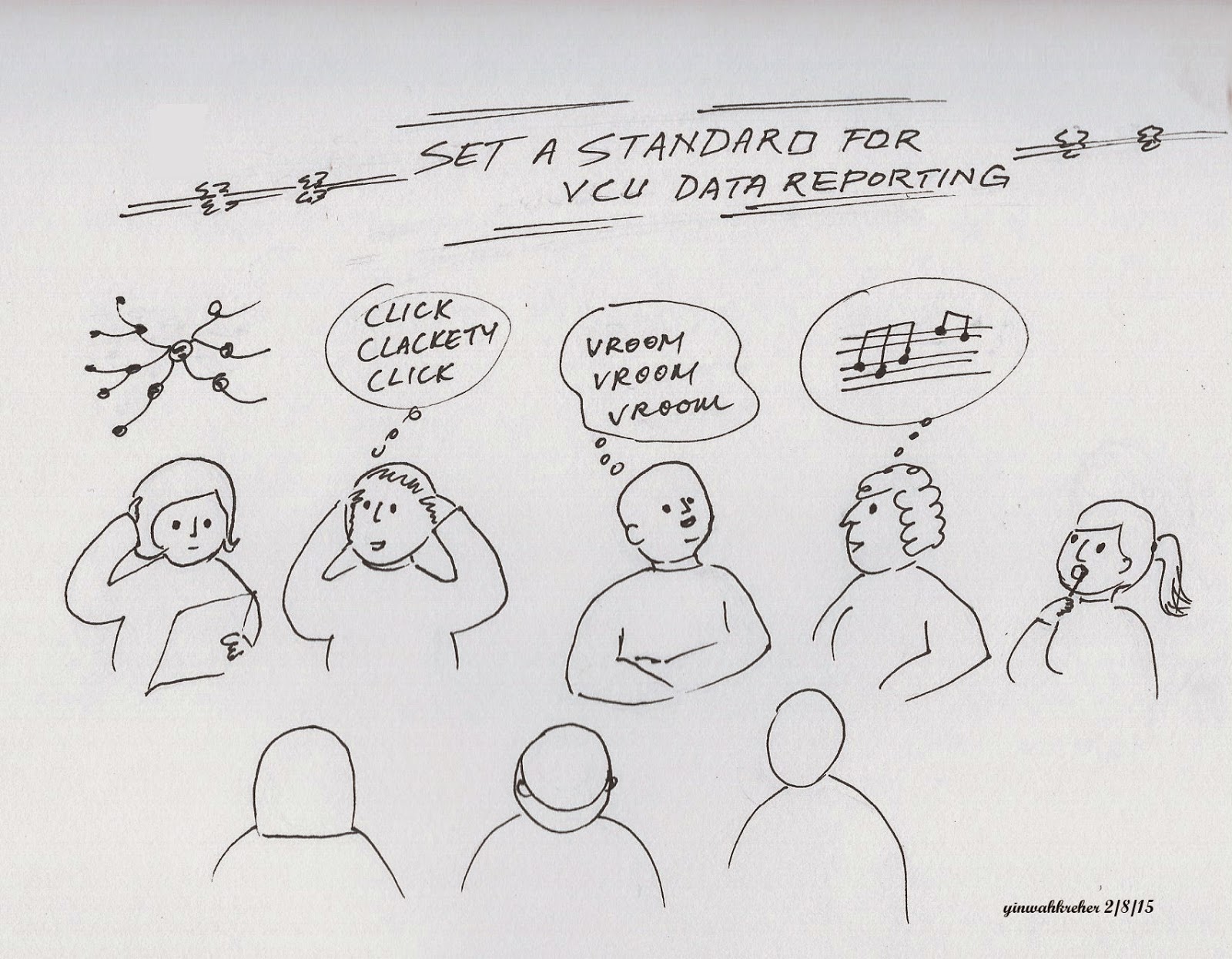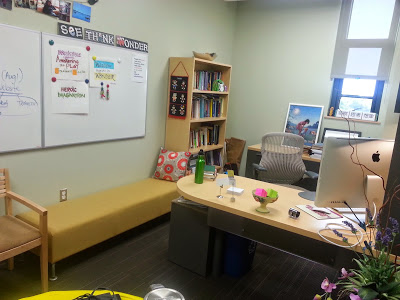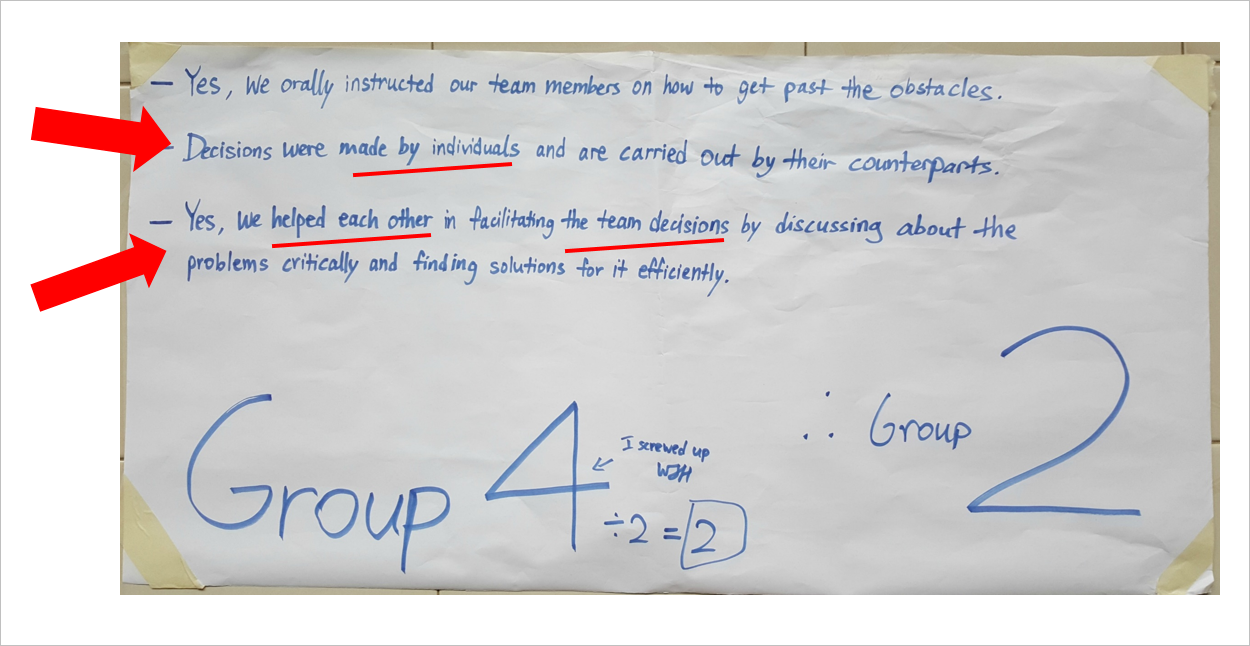Because You’re an Extremely Experienced Student: Thoughts On Completing MOOCs

I get it. The word “MOOC” conjures up notions of hype and hoopla generated some 3 to 4 years ago, when Coursera, Udacity and some brand-name institutions launched free short open-access courses and invited the world in. [If you want to learn more about the state of MOOCs, Online Course Report has a blogpost about the latest on MOOCs in 2016. ]
Since then, I’ve successfully completed 4 MOOCs. Two were hosted on the NovoEd platform, formerly Venture-Lab, run by Stanford University; A Crash Course on Creativity 2013 and Creativity: Music to My Ears 2014. Both were taught by the charismatic Tina Seelig. It has been some two years since I last completed a MOOC. The third MOOC I completed recently is run by Coursera, and is part of a specialization track on graphic design. The latest is a verified course in Data Science.
I’ve often received surveys from Coursera wanting to know why I don’t finish plenty of their other MOOCs I signed up and even paid for. I thought about that too. (Coursera has the largest slice of the MOOC enrollment pie now.)
Katy Jordan estimates that the completion rate of MOOCs is about 15%. ICEF reported that the profiles of MOOC users in developed and developing countries were different. I do not conform to the norm of a profile user from a developed country. So, this is my attempt to reflect on how I completed 4 MOOCs successfully.
1. Character training. Learning Preferences?
I don’t have patience to review videos beyond 2 to 3 minutes unless they are essential to a cause. The videos in the MOOCs I completed were mostly short and interesting. Those that were longer kept me focused because I really, really wanted to do the courses (which would lead to a discussion on learner motivation).
2. Learning goals.
Yes, I take MOOCs for personal and professional development (PD) and out of curiosity. They must be relevant to my learning goals to keep me to the end. Graphic design is a highly relevant skill-set which I want to further hone. Data Science intrigues me. I obsess over Creativity.
3. Course Flexibility.
Coursera allowed me to switch sessions. If I didn’t complete a session, but did some of the assignments, Coursera permitted me to move on to the next scheduled session. With this administrative move, I was able to plod on and complete the Graphic Design course at my pace. I feel this is perhaps the single most important non-instructional procedure that has helped me to complete my PD MOOCs.
4. Alternative information modes.
The secret ingredient is transcripts. Being able to read verbatim notes of what the instructor said allowed me to ramp up the speed of videos and cut down on viewing time. I also get to read the transcripts over again to complete the content recall quizzes.
5. Coursera mobile app.
Ubiquitous learning with the Coursera mobile app is what I do sometimes. I can read the notes, review the videos and check the fora. One caveat is that it’s not that convenient to complete the assignments on the mobile phone because of the limited screen real estate.
6. Money is involved.
This is not a sure guarantee that I will finish a MOOC. So far, MOOCs haven’t cost too much, yet, from my POV. I’ve enrolled for a couple of verified courses and didn’t complete them. *Big sigh* Sadly, I lost focus or just didn’t find that they match my learning expectations.
7. “Because you’re extremely experienced as a student!”
I took an online education course-like workshop (not MOOC) recently and completed it. The assignments were not too difficult (but there were moments of tedium). I misunderstood parts of one assignment question and didn’t answer the question fully. My instructor gave me feedback that was startlingly mind-opening.
Because you are extremely experienced as a student, you can readily discern a connection between the course activities and the objectives…”
My insights and understanding were supported by years of experience in navigating formal education. I am a highly experienced student.
Does this make you realize, maybe, that sometimes we hold on to assumptions about students that obstruct learning?
We egocentrically think we know best? We assume they should/want to learn the way we think they ought to learn. We assume they ought to know how to maneuver their way around university bureaucracy and its demands.
I realize these were some of my assumptions at times in moments of educational frenzy. I had lapses of understanding and empathy.
In crafting any course, what I can do to help learners cross the finishing line is to carefully cast aside my assumptions, watch and listen closely. It means furnishing not just pedagogical support, but also drafting policies and procedures and offering emotional support that shows I’m trying to see learners in their individual, multifaceted ways. Of course, at times, my hands are tied. These are frustrating moments for me, when I cannot explain to students why I had to do what I had to do. Sometimes, institutional policy dwarfs all good intentions we have as teachers. But the heart of a teacher beats strong. Keep learning.


